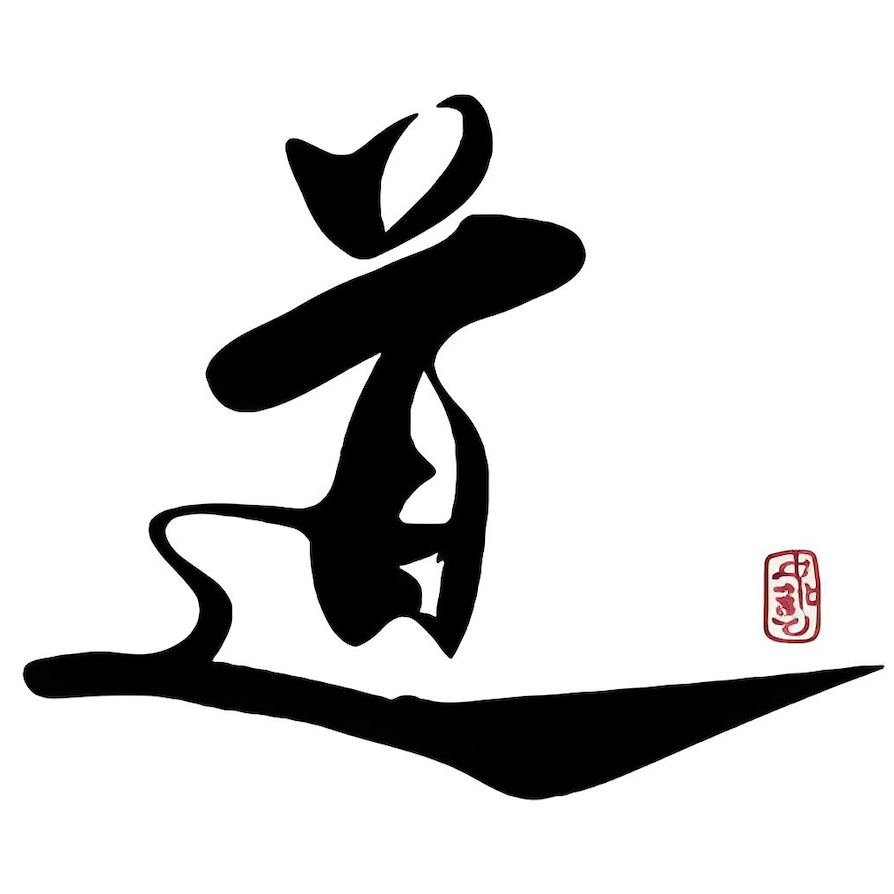张道陵简介:思想、贡献及道教历史中的地位
Zhang Daoling: His Philosophy, Contributions, and Role in Taoist History
张道陵(34年—156年),字君宝,东汉时期四川邛崃人,是道教的创立者之一,被尊奉为“天师”。他不仅是道教的宗教领袖,还是道教修行体系的奠基人之一,创立了“正一道”,并对道教的教义、仪式和组织结构做出了重要贡献。
Zhang Daoling (34 CE – 156 CE), courtesy name Junbao, was a native of Qionglai in Sichuan during the Eastern Han Dynasty. He is regarded as one of the founders of Taoism and is venerated as the “Celestial Master” (Tianshi). Not only was he a religious leader, but he was also one of the key founders of the Taoist spiritual system, establishing the “Zhengyi Dao” (Orthodox Taoism). He made significant contributions to Taoist teachings, rituals, and organizational structures.
一、张道陵的生平概述
I. A Brief Overview of Zhang Daoling's Life
张道陵的生平资料相对较少,关于他的一些事迹主要见于道教经典《灵宝经》和《道教志》。据说,张道陵在年轻时便对道家学说产生兴趣,修行于四川的峨眉山。他曾在一次天灾之后,带领民众进行祈祷,治愈瘟疫,获得了“天师”的尊号,成为道教的领袖。
There are relatively few historical records about Zhang Daoling's life, and most of what is known about him is derived from Taoist scriptures like the Lingbao Jing and Daojiao Zhi. It is said that Zhang Daoling developed an early interest in Taoist teachings and practiced on Mount Emei in Sichuan. After leading people in prayer and curing a plague during a natural disaster, he was bestowed the title of "Celestial Master" and became the leader of Taoism.
二、张道陵的思想体系
II. Zhang Daoling's Philosophical System
张道陵的思想融合了道家哲学和民间信仰,强调“道法自然”和“无为而治”的原则,同时,他提倡对天地自然的敬畏和修行中的内心净化。
Zhang Daoling's philosophy combined Taoist thought with popular beliefs, emphasizing the principles of "Dao follows nature" and "governance through non-action." At the same time, he advocated for reverence towards the natural world and inner purification during spiritual practice.
1. 道法自然:顺应宇宙规律
1. Dao Follows Nature: Aligning with the Laws of the Universe
张道陵强调宇宙有其内在的规律,人类应当顺应这些规律而行。道教的“道”不仅是宇宙的根本法则,也是万物存在的源泉。他提倡“道法自然”,主张人类生活应当与自然和宇宙相协调。
Zhang Daoling emphasized that the universe has its inherent laws, and humans should align their actions with these laws. The Tao of Taoism is not only the fundamental principle of the universe but also the source of all existence. He advocated for "Dao follows nature," suggesting that human life should be in harmony with nature and the cosmos.
2. 无为而治:通过内心的修炼达到外在和谐
2. Wu Wei: Achieving External Harmony through Inner Cultivation
张道陵推崇“无为而治”,即通过无为的方式,达到心灵和外界的和谐。他认为内心的净化与修炼是实现这一目标的关键。通过心境的清净,可以避免过度干预,达到自然和谐的社会秩序。
Zhang Daoling promoted the idea of "governance through non-action," suggesting that internal cultivation leads to harmony with the external world. He believed that purifying and cultivating the inner self was the key to achieving this goal. By attaining mental clarity, one could avoid excessive intervention and establish a naturally harmonious social order.
3. 道教仪式与修行:从内到外的修炼
3. Taoist Rituals and Practices: Cultivation from the Inside Out
张道陵在道教修行中创新了许多仪式,强调通过道教的教义与仪式来修身养性。他提倡通过冥想、符咒、祭祀等方式,净化身心,获得灵性上的提升。
Zhang Daoling innovated many rituals in Taoist practice, emphasizing self-cultivation through Taoist doctrines and rituals. He advocated for practices such as meditation, talismans, and sacrifices to purify the body and mind, aiming for spiritual elevation.
三、张道陵的贡献
III. Contributions of Zhang Daoling
1. 创立正一道
1. Establishing Zhengyi Dao
张道陵被誉为“正一道”的创立者,正一道是道教的主要流派之一,主张以道德修养和内在的净化为核心,强调修行中的“无为”与“和谐”。
Zhang Daoling is regarded as the founder of "Zhengyi Dao" (Orthodox Taoism), one of the main branches of Taoism. Zhengyi Dao focuses on moral cultivation and inner purification, emphasizing the principles of "non-action" and "harmony" in practice.
2. 道教的组织化与制度化
2. Organizing and Institutionalizing Taoism
张道陵在道教的组织建设上做出了重要贡献,创立了道教的宗教组织系统,设立了“天师府”,并开始了道教的传承体系。这一组织结构对道教的长久发展起到了重要作用。
Zhang Daoling made significant contributions to organizing and institutionalizing Taoism by establishing the religious organizational system of Taoism. He founded the "Celestial Master’s Office" (Tianshi Fu) and began the Taoist lineage system, which played an important role in Taoism's long-term development.
3. 道教经典的整理与传播
3. Compilation and Dissemination of Taoist Classics
张道陵对道教经典的整理和传播也有着不可忽视的影响。他通过道教的教义和仪式,传播了道家哲学的核心思想,并使这些思想在东汉时期得到了广泛的接受。
Zhang Daoling also had a profound impact on the compilation and dissemination of Taoist classics. Through Taoist doctrines and rituals, he spread the core ideas of Taoist philosophy, which gained widespread acceptance during the Eastern Han Dynasty.
四、张道陵在道教历史中的地位
IV. Zhang Daoling’s Role in Taoist History
张道陵被尊奉为道教的“天师”,是道教历史中最为重要的宗教人物之一。他的思想和教义成为道教信仰的基础。
Zhang Daoling is venerated as the "Celestial Master" in Taoism and is one of the most important religious figures in Taoist history. His teachings and doctrines became the foundation of Taoist belief.
道教的许多教义、仪式和修行方法,都受到张道陵思想的深刻影响,正一道的建立为道教的传承提供了坚实的基础。他的地位在道教历史中至今仍然举足轻重。
Many Taoist doctrines, rituals, and practices are deeply influenced by Zhang Daoling's thought. The establishment of Zhengyi Dao provided a solid foundation for the transmission of Taoism. His position in Taoist history remains highly significant to this day.
五、总结
V. Conclusion
张道陵作为道教的奠基人物之一,以其卓越的思想和贡献,深刻影响了道教的发展。他创立了正一道,推动了道教的组织化和制度化,为道教经典的整理与传播作出了重要贡献。张道陵的思想不仅对道教有着深远的影响,也为中国哲学和宗教文化的发展奠定了基础。
As one of the founding figures of Taoism, Zhang Daoling's exceptional philosophy and contributions have profoundly influenced the development of Taoism. He founded Zhengyi Dao, promoted the organization and institutionalization of Taoism, and made significant contributions to the compilation and dissemination of Taoist classics. Zhang Daoling’s ideas have had a lasting impact on Taoism and laid the foundation for the development of Chinese philosophy and religious culture.
